By Amanda Rose Newton
Understanding what makes a plant “pet-friendly” and recognizing the natural defense mechanisms plants use is essential for designing a safe and beautiful garden.
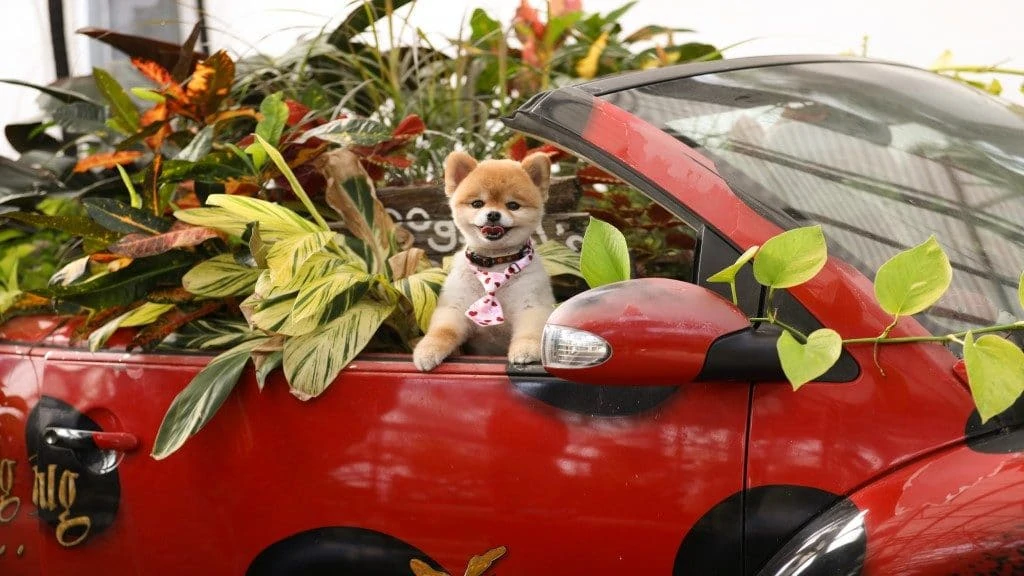
While we might admire a plant’s vibrant flowers or glossy leaves, these same features could pose risks to our four-legged family members.
What Makes a Plant “Pet-Friendly”?
A “pet-friendly” plant is one that poses no significant harm to pets, even if they nibble on its leaves, flowers, or roots. These plants are non-toxic and unlikely to cause illness if ingested. While it’s always best to discourage chewing on plants, accidents happen, and having a safe garden can give you peace of mind.
Key features of pet-friendly plants:
- Non-toxic foliage and flowers: These plants are free from harmful alkaloids, glycosides, and other toxic compounds.
- Gentle textures: Avoid plants with spines, thorns, or irritating hairs that might harm pets if brushed against.
- Minimal attraction to pets: Some plants have natural deterrents like strong scents or bitter tastes, making them less appealing to curious animals.
Natural Defense Mechanisms in Plants
Plants have evolved to protect themselves from predators, including herbivorous animals. While fascinating, these defenses can sometimes be harmful to pets:
Chemical Defenses:
Many plants produce toxins or bitter compounds to deter browsing. For example, oleander contains cardiac glycosides, which are highly toxic if ingested.
Physical Defenses:
Thorns (e.g., cacti) and spines can cause physical injuries.
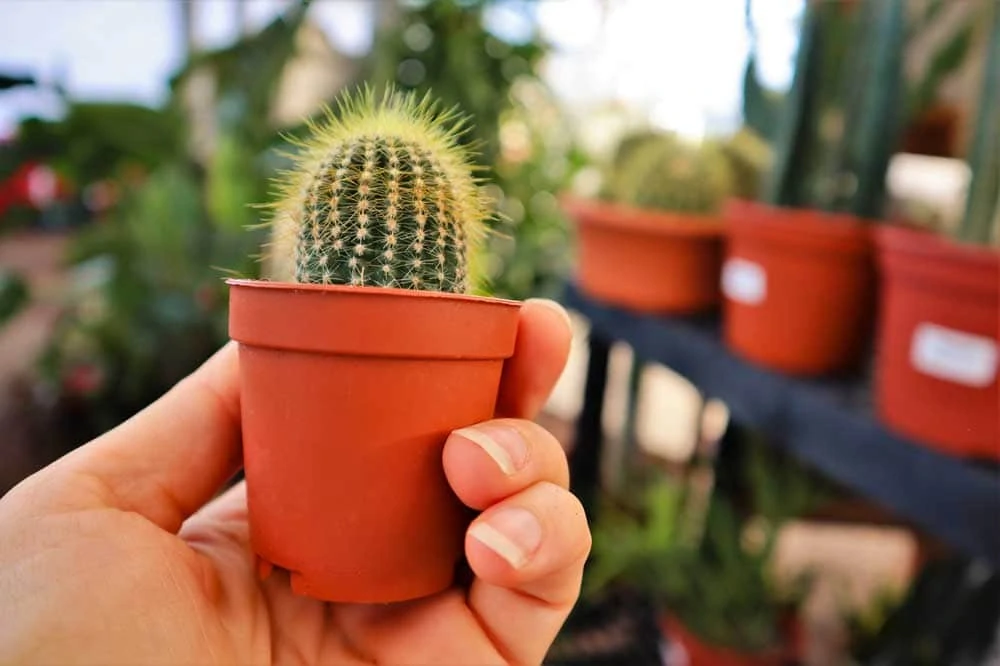
Some plants, like stinging nettles, have irritant hairs that cause discomfort.
Coloration and Scents:
Bright colors or strong odors can signal toxicity or repel herbivores, including curious pets.
Understanding these mechanisms helps gardeners identify and avoid potentially dangerous plants.
ASPCA-Listed Toxic Plants for Dogs and Cats
These common garden plants are toxic and should be avoided if you have pets:
Toxic Plants for Dogs and Cats
Lilies (Lilium spp.): Extremely toxic to cats; even a small amount can cause kidney failure.
Oleander (Nerium oleander): Toxic to both dogs and cats; ingestion can affect the heart.
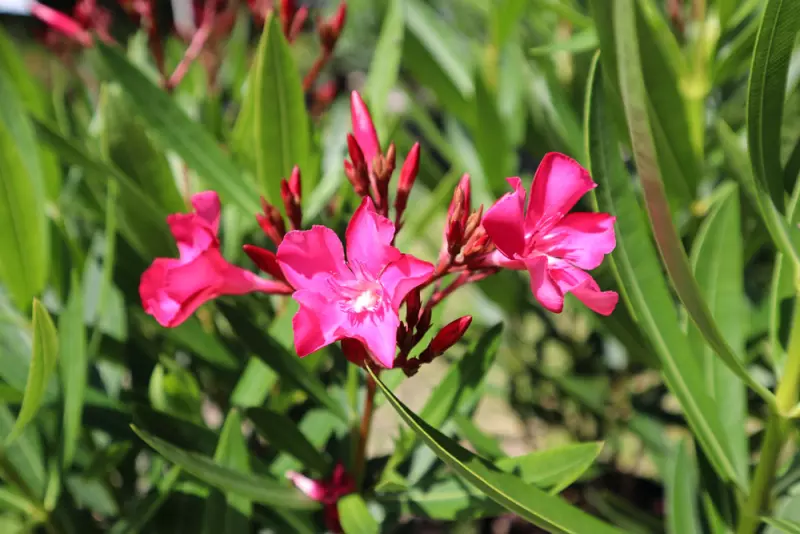
Sago Palm (Cycas revoluta): Seeds are highly toxic, causing liver failure in pets.
Aloe Vera: Although beneficial for humans, it can cause vomiting and diarrhea in pets.
Foxglove (Digitalis purpurea): Contains cardiac glycosides, which can disrupt heart function.
Bulb Plants: Bulbs contain compounds that can cause drooling, vomiting, and diarrhea.
Azalea (Rhododendron spp.): Contains grayanotoxins, which can lead to vomiting, diarrhea, and heart issues.
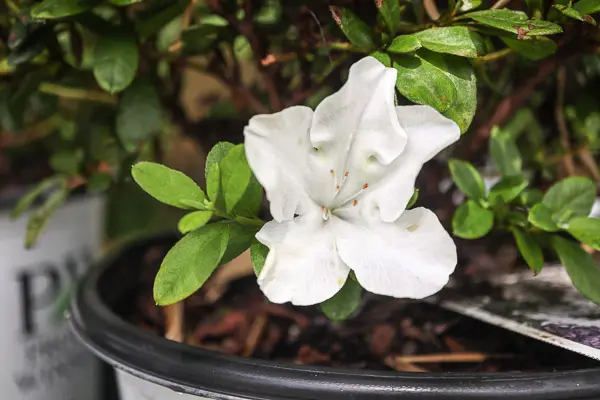
English Ivy (Hedera helix): Can cause vomiting, abdominal pain, and hypersalivation.
Peace Lily (Spathiphyllum spp.): Causes irritation of the mouth and tongue, leading to drooling and difficulty swallowing.
Safe, Pet-Friendly Alternatives
Spider Plant (Chlorophytum comosum): Non-toxic and easy to grow indoors or in shaded outdoor areas.
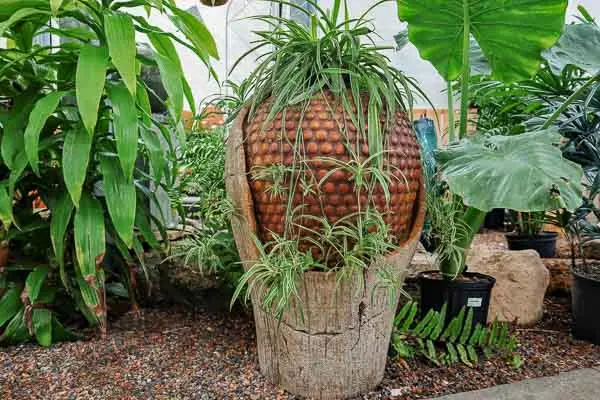
Areca Palm (Dypsis lutescens): A pet-safe tropical plant that thrives in Florida’s climate.
Calathea (Calathea spp.): Beautiful foliage that’s safe for pets and perfect for shaded spots and indoors.
Parlor Palm (Chamaedorea elegans): Another tropical favorite, ideal for indoor and outdoor gardens.
Bamboo Palm (Chamaedorea seifrizii): Adds greenery without the worry of toxicity.
Tips for a Pet-Friendly Garden in Central Florida
Plan and Research: Before planting, verify whether the plants are safe for pets using trusted resources like the ASPCA’s plant database (see sources below).
Elevate or Enclose: Keep potentially harmful plants out of reach by using raised beds or fencing.
Discourage Digging: Mulch with pet-safe materials like coconut husk or wood chips, and avoid cocoa mulch, which is toxic to dogs.
Provide Alternatives: Offer pet-friendly grass like Bermuda or Zoysia for pets to nibble or roll on.
A pet-friendly garden doesn’t mean sacrificing beauty or creativity. By choosing non-toxic plants and understanding the natural defense mechanisms that plants use, you can create a vibrant space that is safe for your pets and enjoyable for you.
For more information, consult the ASPCA Plant Database:


